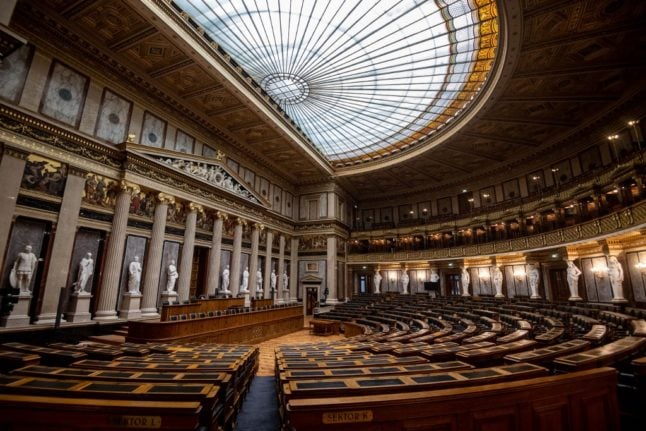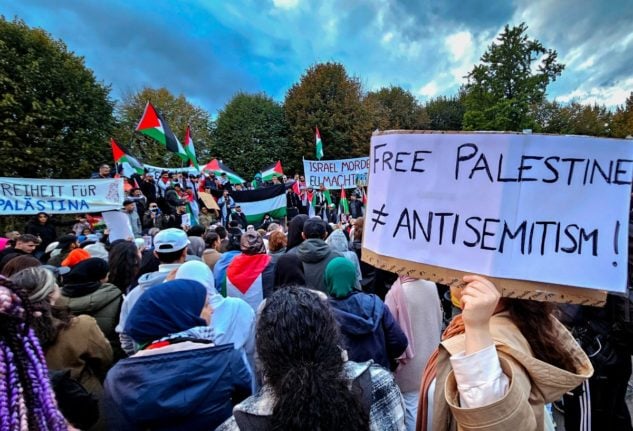The latest report of the Council of Europe’s Group of States against Corruption (GRECO) attests to Austria’s gross deficiencies in the fight against and prevention of corruption, according to newspaper Der Standard.
Among other things, the report criticises a lack of transparency and political influence in appointments to law enforcement positions.
READ ALSO: Energy, corruption, labour shortage: Austria’s plans to face its major challenges
Since 2006, Austria has been a member of the Group of States against Corruption, to which another 48 European countries and the USA belong. Greco regularly evaluates the efforts of its member states in the fight against corruption.
The current report, which is still unpublished but made available to Der Standard, is the result of the fifth round of evaluations; it deals primarily with the federal government, the police and the Federal Bureau of Anti-Corruption (BAK).
According to the report, everyday corruption in the police sector is not an issue in Austria.
However, several interlocutors of the GRECO working group noted that top jobs in the police force are awarded under strong political influence. According to the anti-corruption campaigners, this “undue” influence in awarding assignments should be stopped.
Lack of transparency
The group also looked at corruption prevention in government and found that increased attention needs to be paid to the analysis of risk factors for corruption around the highest political officials such as chancellors, vice-chancellors, ministers, secretaries of state and general and cabinet staff, the report said, according to the Standard.
GRECO recommended disclosing the financial circumstances of relatives and partners of these top political figures, although this “does not necessarily have to be made public”. Additionally, transparency is needed when appointing general secretaries, the report added.
READ ALSO: ‘Ibizagate’: What you need to know about the Austrian political corruption scandal
In total, the report is set to make 19 recommendations. These includ the implementation of the EU Whistleblower Directive, a cooling-off period for top officials who leave politics, disclosure of contacts with lobbyists, and creating a code of conduct for ministers and other top politicians.
Greco slams that major legislative projects such as the Transparency Act, which is intended to abolish official secrecy, or the reform of the criminal law on corruption have been delayed – although the latter is now to be approved.
It added that the prevention of conflicts of interest is a challenge that requires increased attention.
The group wants to receive a report from the Austrian government by the end of June 2024 on which of the recommended measures have been implemented. After that, as customary, a new evaluation will take place.



 Please whitelist us to continue reading.
Please whitelist us to continue reading.
Member comments